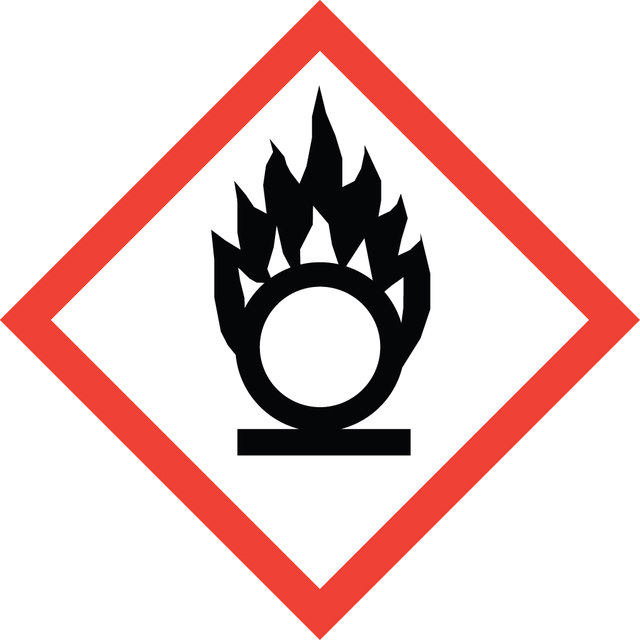Select a Size
About This Item
SMILES string
FC(F)(F)[S](=O)(=O)O[S](=O)(=O)C(F)(F)F
InChI
1S/C2F6O5S2/c3-1(4,5)14(9,10)13-15(11,12)2(6,7)8
InChI key
WJKHJLXJJJATHN-UHFFFAOYSA-N
assay
≥99.0% (acidimetric)
form
liquid
potency
1012 mg/kg LD50, oral (Rat)
density
1.71 g/cm3 at 20 °C
storage temp.
2-30°C
Quality Level
Looking for similar products? Visit Product Comparison Guide
Application
- Electrophilic activation using trifluoromethanesulfonic anhydride: This method is utilized for transformations of amides, sulfoxides, and phosphorus oxides through nucleophilic trapping, highlighting its versatility in organic synthesis (Huang and Kang, 2022).
- Triflic anhydride in organic synthesis: A comprehensive review of triflic anhydride′s roles, focusing on its application across various organic transformations (Qin, Cheng, and Jiao, 2023).
- Synthesis of nitriles: Employing trifluoromethanesulfonic anhydride for converting aldoximes to nitriles under mild conditions, showcasing an innovative application in nitrile synthesis (Uludag, 2020).
- Hydrotrifluoromethylthiolation of alkenes: Uses trifluoromethanesulfonic anhydride for the hydrotrifluoromethylthiolation of unactivated alkenes and alkynes, expanding the utility of this reagent in radical reactions (Ouyang, Xu, and Qing, 2019).
- Low-cost trifluoromethylation reagent: Discusses the economic benefits and wide-ranging applications of trifluoromethanesulfonic anhydride in trifluoromethylation processes (Ouyang, Xu, and Qing, 2018).
Analysis Note
Density (d 20 °C/ 4 °C): 1.715 - 1.720
Identity (IR): passes test
signalword
Danger
Hazard Classifications
Acute Tox. 4 Oral - Eye Dam. 1 - Ox. Liq. 2 - Skin Corr. 1B - STOT SE 3
target_organs
Respiratory system
Storage Class
5.1B - Oxidizing hazardous materials
wgk
WGK 3
flash_point_f
not determined
flash_point_c
not determined
Certificates of Analysis (COA)
Search for Certificates of Analysis (COA) by entering the products Lot/Batch Number. Lot and Batch Numbers can be found on a product’s label following the words ‘Lot’ or ‘Batch’.
Already Own This Product?
Find documentation for the products that you have recently purchased in the Document Library.
Our team of scientists has experience in all areas of research including Life Science, Material Science, Chemical Synthesis, Chromatography, Analytical and many others.
Contact Technical Service

